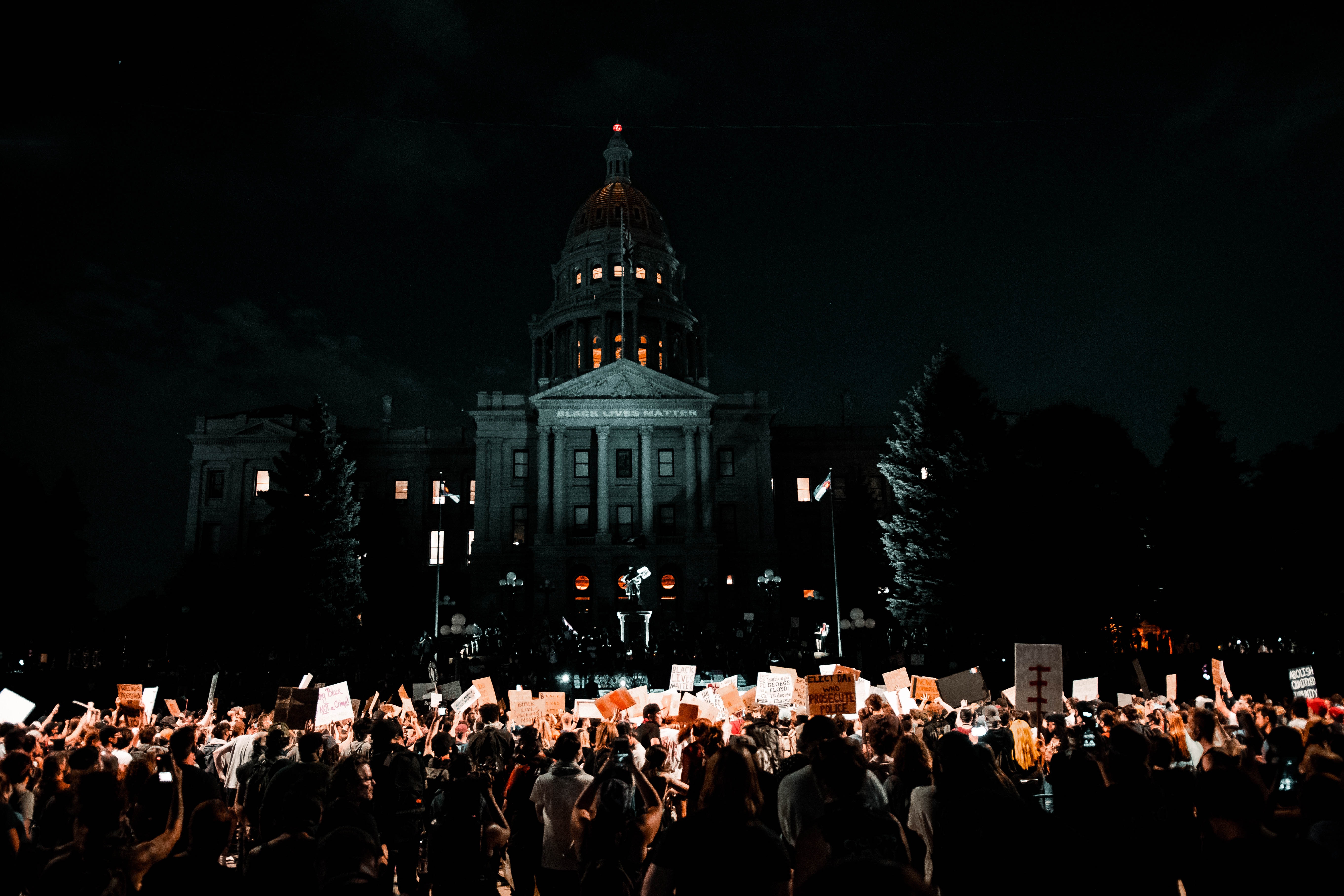As I watched John Lewis’s casket roll over the Edmund Pettus Bridge, I thought of the refrain, “if you can remember the 60’s you really weren’t there.” Paul Kanter’s allusions to mind boggling drugs and fantasized sex are pedestrian compared with the “yes or no” choices too consequential for our generation to “fence-sit.”
Fence Sitting Not Allowed
We had to choose between accepting the draft or fighting against it; espousing unquestioning patriotism or taking a moral stand against the Vietnamese war; embracing societal values, or bathing in ones that alienated our parents, and giving lip service to equal rights or in John Lewis’s words, getting into “good trouble.”
I was a junior at the University of Pittsburgh in 1965. Like other radical students, I supported equal rights from the safety of SDS (Students for a Democratic Society) rallies and classes on sociology. Few of us knew the meaning of “good trouble.” That changed mid-March when a nationwide call went out for students to gather in Montgomery, Alabama, following Bloody Sunday on March 7th.
Talking The Talk
We traveled on weary Greyhound buses no longer safe for commercial travel but adequate for transporting committed college students. We felt self-righteous in our mission: we would be “preparing” Montgomery for the next Selma march, the one planned for March 21st.
We flirted and comfortably “talked the talk” until crossing the Alabama state line and saw an enormous billboard. Staring at us was a white-robed Klansman sitting on his white hooded horse and carrying a fiery cross. Above this unambiguous picture was a message that seemed written for the occupants of our bus. “Northern Agitators, Catholics, Commies and Jews, Return Home Before It Is Too Late.”
The message was again repeated, but in a more aggressive form as our bus entered Montgomery. A hailstorm of rocks and rotten vegetables were thrown at us by children and their proud parents. An appropriate welcome to “The Heart of Dixie.”
Walking the Walk
On March 18th, two days after arriving, approximately forty of us were attacked by state troopers as we peacefully and legally marched on the sidewalk. As I fended myself from a horse, everything I believed in about civil rights was tested. Beaming over an “A” term paper on civil rights was very different from facing injury or death for living it. Most people can look back on their lives and find experiences that changed their souls. Events so compelling you can’t forget them. Montgomery,1965 is one of those for me, as vivid today as it was fifty-five years ago.
Following my arrest for endangering the life of the armed state trooper and his horse, I, along with many others, were placed in a large holding cell filled with black and white protesters—many still bleeding from their wounds. When white protesters refused to move to an “all-white” cell, black prisoners wearing uniforms boldly stating who they belonged to were ordered to drag us out. Our response was to remain sitting on the floor and sing, “We shall Overcome.” Instead of dragging us out as instructed, the black prisoners gently lifted us with the same tenderness mothers carry their newborns.
I left Montgomery realizing that unless one is committed to “good trouble,” ethics are little more than hypothetical constructs. It would be forty years until I found the moral equivalent of the civil rights movement. It took the form of gratitude for hospice patients who taught me who I was and, more importantly, who I could become. The lesson in self-awareness was identical to the one taught to me by the actions of John Lewis and other leaders in the civil rights movement.
Legacy
There are many ways to measure legacy: money, fame, status, etc. I prefer something more lasting: the answer to the question, “Did I make a difference?” Although you think a “yes” answer can’t approach John Lewis’s contribution, your legacy—as small as you think it is—will reverberate generations after your death. Your children, grandchildren, and their children and grandchildren will ask what you did as the world was falling apart. Did you just “talk the talk” or risk everything by “walking the walk?” Did you philosophize or act?
My granddaughters are ten months and five-years-old. I lovingly look at them and hope I will still be alive to hear them proudly say, “I got into good trouble, Grandpa.” I’ll smile, remember Montgomery, and thank John Lewis.


